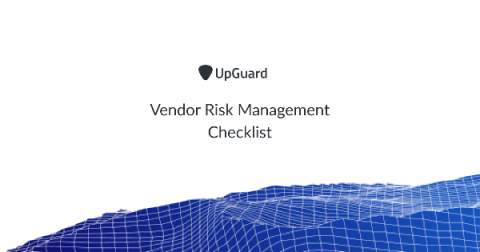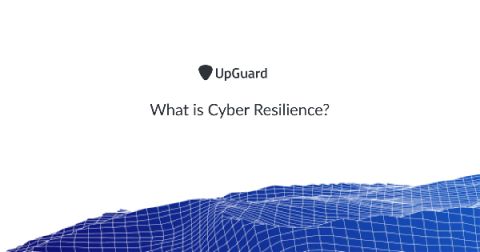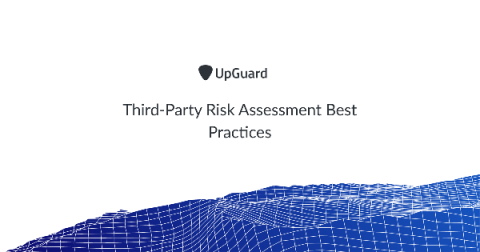COVID-19: Importance of Ethical Leadership During a Crisis
Change is hard—and during the COVID-19 pandemic, it’s happening at breakneck speed. Your employees and business partners need to know now, more than ever before, that they can trust you to be honest and transparent with them. This is the essence of ethical leadership. We’re standing on shaky ground as the virus sweeps through our nation and upends our economy. People are losing their jobs, their health insurance, and perhaps even their savings.





